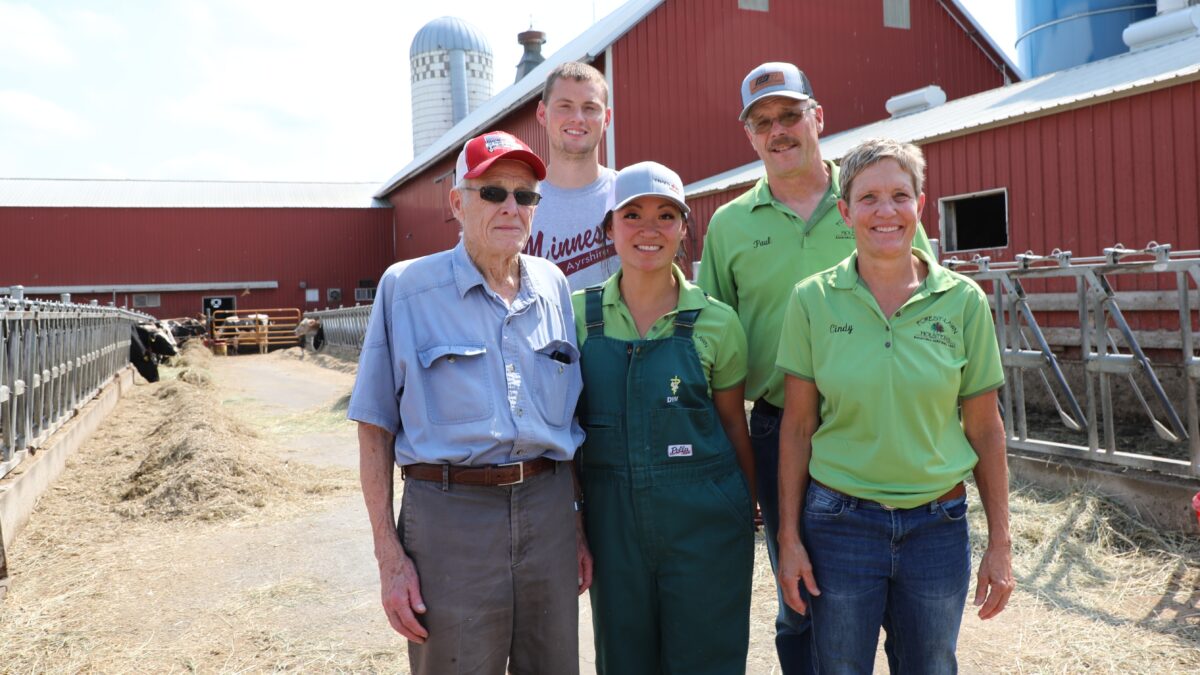The Urgency of Tax Reform
TOPICS
Tax ReformZippy Duvall
President

photo credit: Right Eye Digital, Used with Permission
Zippy Duvall
President
Farmers and ranchers are natural planners. From mapping out our daily to-do lists to strategizing next year’s planting, we are always thinking ahead. Preparation is fundamental to what we do, but with essential tax provisions set to expire this year, there is uncertainty we may not be able to plan around.
Many of the tax provisions in the 2017 Tax Cuts and Jobs Act helped farmers reinvest in their businesses and strengthen the farm’s financial stability. The critical tax provisions laid out in the law included reduced individual tax rates, a qualified business income deduction, higher capital expensing deductions and an increased critical estate tax exemption. If the provisions in the Tax Cuts and Jobs Act are allowed to expire, however, farm and ranch families will face an increase of billions of dollars in taxes. The increase could potentially be anywhere from 9% to 20% per family depending on the size of the farm.
Why Tax Reform is an Urgent Matter
The farm economy is already facing a variety of pressures with inflation, commodity prices and market uncertainty, so a massive tax bill could push many of our farms – especially our small and medium-sized farms – completely out of business. In 2024 alone, we lost 15,000 farms and we simply can’t afford to lose any more. Our farmers deserve a tax code that provides certainty and helps protect the family farms who work to keep our nation's food supply safe, sustainable and secure.
Many of our small and medium-sized farms operate on razor-thin margins, and they would be hit hardest by a tax hike.
Farmers simply can’t afford another year of guessing if they will be hit with a massive tax bill.
The expiration of these tax provisions also threatens the future of agriculture with higher rates for beginning farmers and a loss of critical estate tax relief. The weight of losing a family member is already burdensome enough, farm families shouldn’t have the added stress of a hefty tax and worry about selling the farm to pay it off. We need to ensure that farmers can pass on the farm without the looming threat of a tax bill destroying everything they’ve worked for.
In addition to the estate tax, our beginning farmers and ranchers face high upfront costs and significant financial risk, so without beneficial tax provisions, it can be nearly impossible to get things off the ground. America needs the next generation ready and able to take up the mission of growing our nation’s food, fiber and renewable fuel, but that also means having a tax code that gives them a chance to succeed.
The Status of Tax Reform
The longer it takes to pass a tax bill, the more uncertainty will be added, especially as farmers are well into making decisions for 2026. Congress promised to make taxes a priority this year, and now is the time for them to deliver. The future of our family farms and our nation’s food supply depend on it.
Fortunately, we recently saw movement in the House with their budget reconciliation bill providing needed increases to these provisions and making many of them permanent. This includes a permanent increase to the 199A deduction, a nearly tripled estate tax exemption, permanent lowered individual tax rates and a five-year bonus depreciation (expensing) extension. The tax reform laid out in the House bill would provide certainty for many of our family farms, and now we must urge the Senate to swiftly pass legislation and cement these tax provisions into law.
Farmers simply can’t afford another year of guessing if they will be hit with a massive tax bill. It’s time to have a permanent tax code that encourages investment, supports our farm businesses, and protects the dream of passing the farm on to the next generation.
